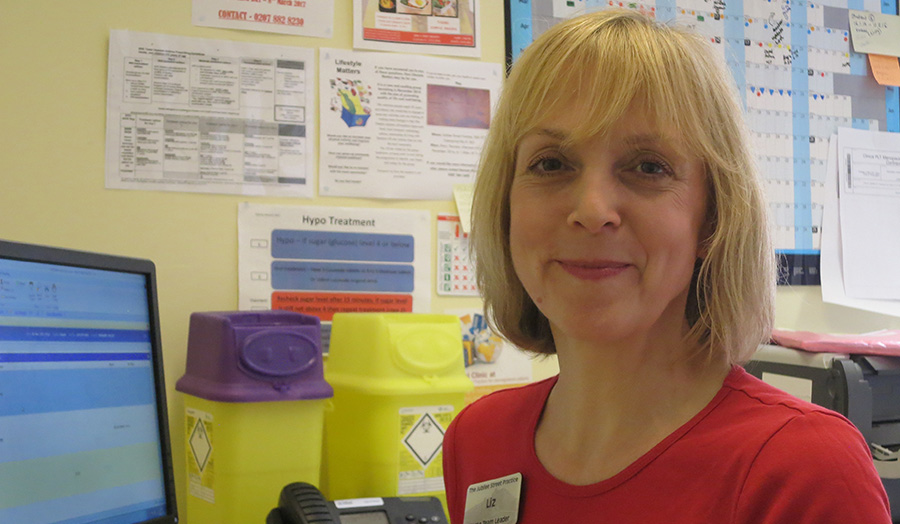
What employers say and NHS placements
"The practice has a history of employing refugee health care professionals. Working with the Refugee and Assessment Guidance Unit (RAGU) over the last 8 years has enabled this to continue very successfully. We are a strong training practice able to provide support to refugee health professionals through placements, which the whole practice team gets involved in. The trainees bring a new dimension to our already diverse team. Long may this continue!"
Nurse Practitioner and team leader, Tower Hamlets.
"It has been a pleasure to have a refugee health professional working with us. He has fitted in well with the team, been proactive with calling patients in and a big help in meeting our Quality and Outcomes Framework (QoF) targets. We reached our BP target for the first time - one area where her help has really benefitted the practice."
Managing Partner, SW London Training Practice.
It’s a win-win situation to have this refugee doctor working with our patients: good for him to speak with patients and the team and see the pathway to access primary and secondary care. It’s good for us as we have a fantastic service. After the work placement, he took on phlebotomy with patients and was very good at making them feel relaxed. We set up a diabetic surgery and he has done this superbly well and completely changed the indicators for the diabetic care in the area. How lucky we are to have two refugee doctors working in our team of health professionals."
GP, Group Practice, Lambeth.
"The team benefitted hugely from her [refugee Occupational Therapist] contribution. She was diligent, thought creatively about our challenges to the service and contributed her ideas. She enabled us to continue a service which we would otherwise have been unable to do at a time of considerable upheaval, demonstrably improving the quality of patient care."
Manager, Mental Health Service, Camden.
"Having a refugee doctor take blood do ECG’s and spirometry was a massive help to the nursing team."
GP, Islington Practice.
"The refugee physiotherapist is very skilled and experienced in terms of clinical work. He has been responsible for maintaining a caseload of clients and his confidence has grown hugely."
Physiotherapy Manager, Camden Primary Care.
"She was exceptional and we have been spoilt. We have benefitted from learning about how doctors qualified outside the European Union (EU) help in communicating with patients in their language. She ran supervised clinics for women's health screening, using her languages and previous knowledge and experience of women’s health, to increase patient uptake of this service for the practice."
Practice manager, Oxgate Gardens Practice.
"It has been a very positive experience working with refugee doctors on placements. Our considerable input from the practice has been rewarded seeing one trainee developing and gaining in confidence. Both doctors have been popular members of the team with staff and patients and one has a years contract working as an HCA supporting our nursing team."
Practice Manager, Islington GP Practice.
The Refugee Assessment and Guidance Unit (RAGU) work placements for refugee health professionals
RAGU has been setting up volunteer work placements in the NHS for refugee health professionals since 2009. A majority of RAGU placements are located in Primary Care, and RAGU has worked with over 60 GP Practices throughout London. We have also worked with several NHS Trusts.
What do trainees do in in primary care?
Trainees undertake a range of responsibilities in their health care assistant role including NHS health checks, phlebotomy, new patient registrations and notes summarising.
RAGU has also set up placements for trainees in NHS Trusts in roles such as physio and OT Assistant, dietician, IAPT support, auditor and related public health work. These volunteer placements are for three days a week for three months, and trainees are supervised and well supported throughout by RAGU and the host employer. Following the placement, at least 70% trainees progress into paid work.
Volunteer work placements support refugee health professionals to:
• build confidence
• develop language and communication skills for the NHS
• learn about NHS workplace culture
• learn about the NHS policies and guidelines in practice
• gain hands-on work experience to be able to move into paid work in the health sector
